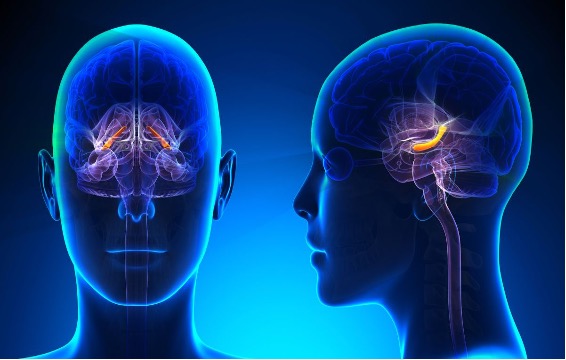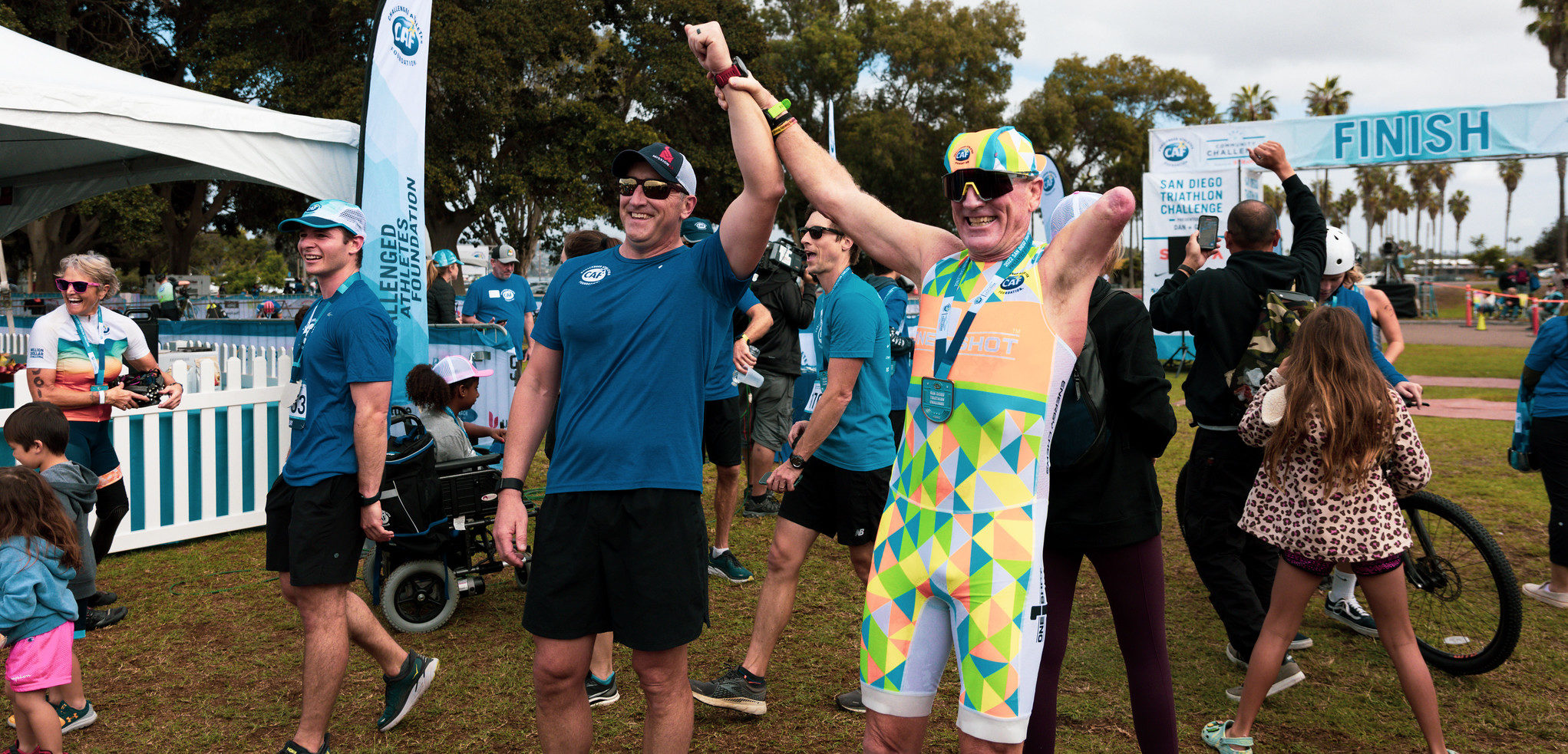Healthy body, healthy mind: the importance of movement for mental health
Authored by: Logan Keene
A split second and the blink of an eye can mean the difference between reaching the podium or going home empty handed. With this reality comes higher expectations for athletes to train harder and push their bodies beyond their limits both physically and mentally.
Due to these pressures, it’s not uncommon for mental health disorders to manifest. In fact, 35% of elite athletes self-reported a mental health disorder of some kind; stress, eating disorders, burnout, depression, and anxiety as the most common. Despite this reality, there is a significant lack in support for psychological treatment within athlete training programs, with only 4% of athletes clinically diagnosed and treated for depression and 9% treated for anxiety (National Institute of Health). This alarming statistic raises the question: what can be done?

The answer may be simpler than we realize: movement. Daily movement, even light to moderate activity, has been proven to drastically improve memory, mental clarity, and emotional regulation. This is done through a process called Hippocampal Neurogenesis (NLM), the generation of new neurons in the Hippocampus, a small, curved formation located in-between the two hemispheres of the brain, responsible for memory, emotional regulation, and the autonomic (involuntary) nervous system. These neurons effectively increase the volume of the Hippocampal region by elevating blood supply to the brain, improving neuronal health through efficient delivery of oxygen and nutrients to the brain.

The amount and intensity level of exercise influences the process of neurogenesis. Psychiatrist Madhukar Trivedi has shown that three or more sessions per week of moderate aerobic exercise or resistance training, for 45 to 60 minutes per session (Psychology Today) presents the optimal results for emotional regulation and memory. In contrast, physical activity at extreme intensity has been shown to negatively impact cognitive function because oxygen rapidly metabolizes during physical exertion, and the antioxidant system cannot defend against stress-inducing metabolic byproducts (NCBI). While elite and amateur athletes alike may focus solely on pushing their bodies to their limits, to reap the optimal mental health benefits of exercise, athletes should be including light to moderate conditioning sessions into their master training plan.

“Athletes set high expectations for themselves and often feel there is a greater pressure to succeed so they don’t let people down. They aren’t just trying to succeed for themselves but for their parents, coaches, and teammates. It is crucial for athletes to learn strategies for approaching competition with a healthier mindset.”
-Kristin Felgenauer, Henry Ford Health
Kristin Felgenauer, a behavioral health therapist and clinical social worker for Henry Ford Health, suggests athletes adopt the following practices to overcome their mental health struggles:
Focus on what you need to do. Remove the competition from the equation and focus on what your body needs to be the best version of yourself. In addition to exercise and conditioning, take care of your body. Get adequate sleep, eat nutritiously and practice injury prevention techniques like stretching and taking rest days.
Talk through your stressors. Don’t hold in the things that are frustrating you. Instead, confide in a friend, family member or a professional. Sometimes talking through things is one of the best ways to support good mental health.
Remember why you started. The immense pressure athletes put on themselves can quickly cause burnout. Many athletes start to look at their sport as a job rather than a passion or hobby. Try to refocus your mindset to highlight why you chose this sport, and how far you’ve come since you started.

At the Challenged Athletes Foundation, we pride ourselves on providing a holistic journey for our athletes, with their physical, emotional, and mental well-being as a top priority. Providing support to get athletes moving—and stay moving is the core of our mission to empower lives through sport.

